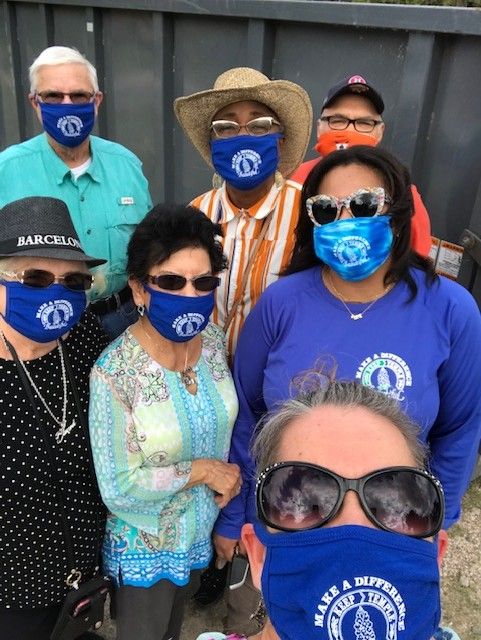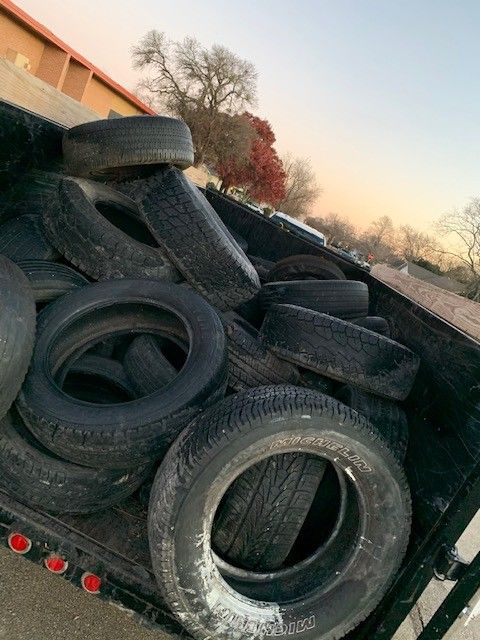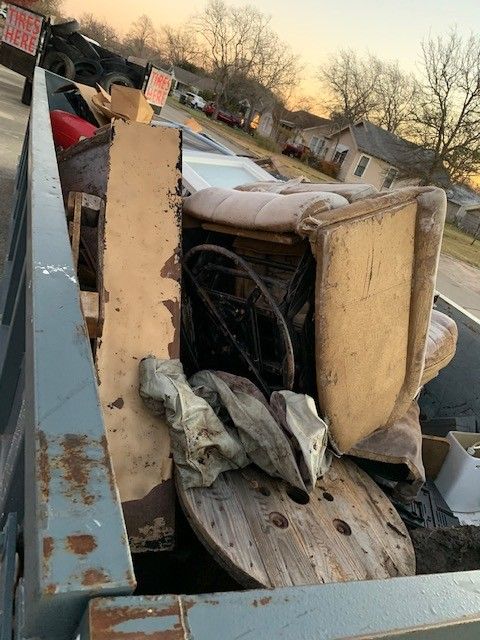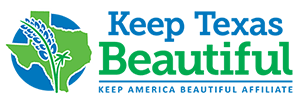TCEQ defines Illegal dumping as disposing, allowing the disposal of, receiving, or transporting litter or other solid waste to any place that is not an approved solid waste site. It’s a tricky behavior to prevent. Fortunately, Texas communities are rallying to turn back the clock on unauthorized piles of waste.
Operation Dumpster Drop
Keep Temple Beautiful Executive Director Tanya Gray reports that her community’s Operation Dumpster Drop has had tremendous success in preventing and cleaning up dumpsites by providing dumpsters where the public can drop hard-to-dispose items. In partnership with the City of Temple and Citizens For Progress, this program established an initiative to collect tires and other large items before they become unceremoniously dumped.
COVID-19 put a wrench in the works for Temple’s new litter mitigation programs in early 2020, forcing a fleet-footed change in tactics to meet residents’ needs for a safe place to dispose of large items. Operation Dumpster Drop was born out of necessity, and community leaders began strategically depositing free-to-use public dumpsters for two-week stints in neighborhoods across the city.
Gray says that the biggest challenge to maximizing success for the Operation is public education. They are working hard to let residents know when a dumpster will be available in their area and what items are to be collected there. To that end, stakeholders have created a video to promote the program, along with social media engagement.
To date, Temple’s Operation Dumpster Drop reports:
- Drops in 7 locations serving 18 neighborhoods
- 344 tires collected
- 28,260 pounds of trash
If you live near Temple, look forward to a Dumpster Drop near you!
Communities Respond to Dumping
For everyone in the rest of Texas, similar programs are taking shape in other regions. TCEQ regularly evaluates statewide landfill capacity and works to reduce the total amount of waste generated through regulation, public education, and community resources. Much of this work is coordinated through Texas’ 24 Councils of Government, so check with your region’s COG and your local Keep Texas Beautiful Affiliate for details.




